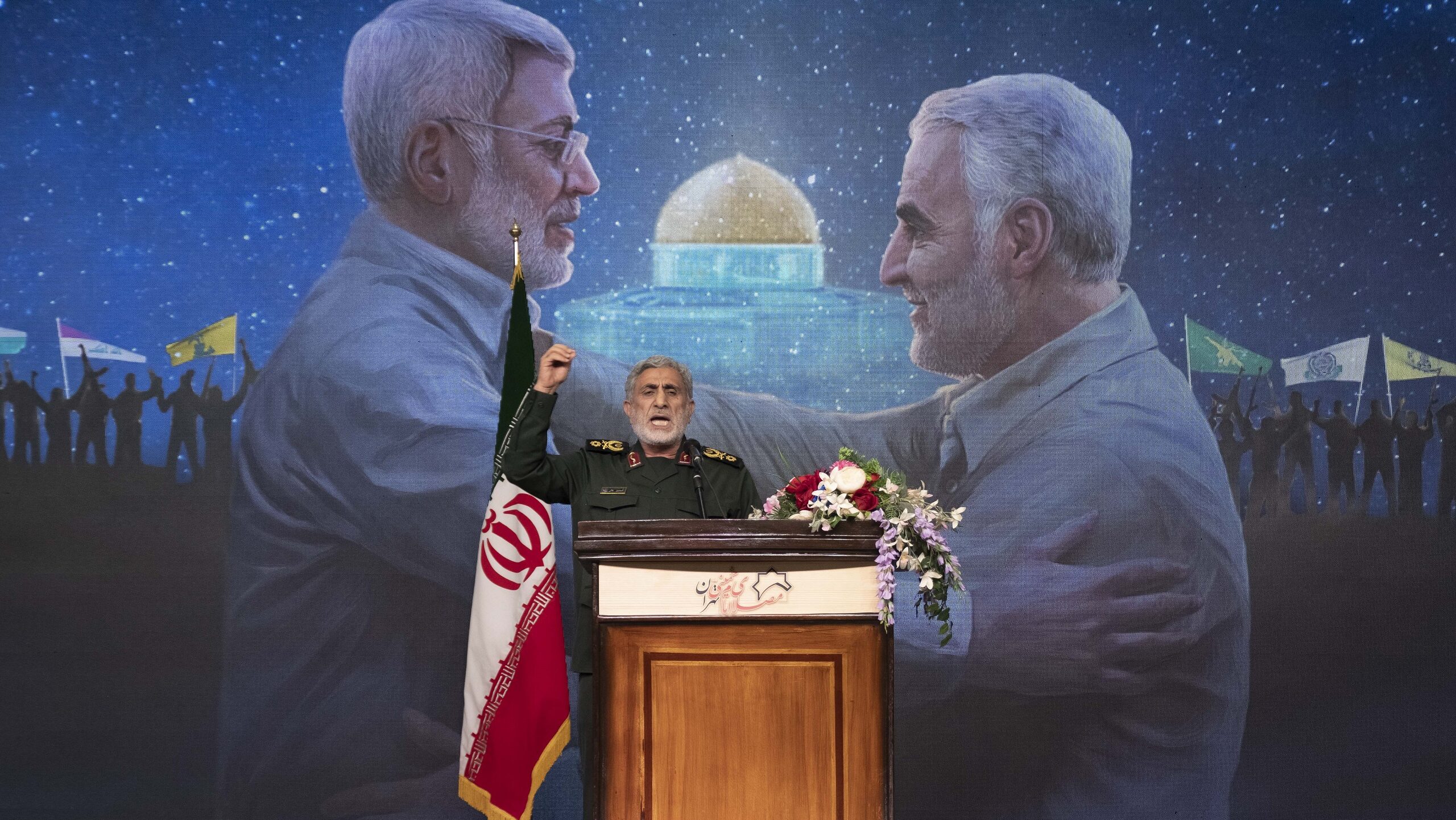Is Iran Interested in a Deal?
Okaz, Saudi Arabia, September 22
When examining the intricate daily occurrences in Gaza and recently in Lebanon, it is crucial to keep an eye on the broader picture in the Middle East, which remains deeply volatile. A new reality is forcefully imposing itself upon us. Iran, which continues its negotiations with the United States in an unspecified third country, has experienced significant setbacks among its regional proxies. This includes the assassination of Hamas leader Ismail Haniyeh in the heart of Tehran during an official visit. Iran’s stance recalls the mentality of an old Isfahani merchant haggling in a bazaar: It’s a time for deals. The new Iranian president’s statements, tinged with unexpected warmth towards the “Great Satan,” America, underscore the prevailing pragmatic political climate. Consequently, Hamas and Hezbollah have been “left” to their own devices in their confrontation with Israel. Iran’s excuses range from Hamas failing to coordinate operations in October to asserting that Hezbollah doesn’t require external defense. This viewpoint is further supported by the Syrian regime’s complete silence regarding the upheavals facing Hezbollah, its crucial ally. Assad seems to have recognized that some powers have decided to sacrifice Hezbollah, making its defense a futile endeavor that Syria cannot afford, particularly given Iran’s tepid stance and Russia’s financial strain from the war in Ukraine. The commander of the Iranian Revolutionary Guard Corps, Esmail Qaani, who succeeded Qasem Soleimani, was deeply involved in supporting Hezbollah in southern Lebanon and even managed to recruit Salafi-jihadist movements for their cause, similar to previous indirect actions by the IRGC in Syria. However, recent developments indicate that Iran has withdrawn its support from Hezbollah in Lebanon. Iran seems intent on securing a deal that would lift its economic sanctions, attract foreign investment, and maintain its allies as influential political entities in their respective countries. There is undoubtedly a price for such a deal, and the unfolding scenes in the Middle East seem to bear this out. —Hussein Shobokshi (translated by Asaf Zilberfarb)
This holiday season, give to:
Truth and understanding
The Media Line's intrepid correspondents are in Israel, Gaza, Lebanon, Syria and Pakistan providing first-person reporting.
They all said they cover it.
We see it.
We report with just one agenda: the truth.



